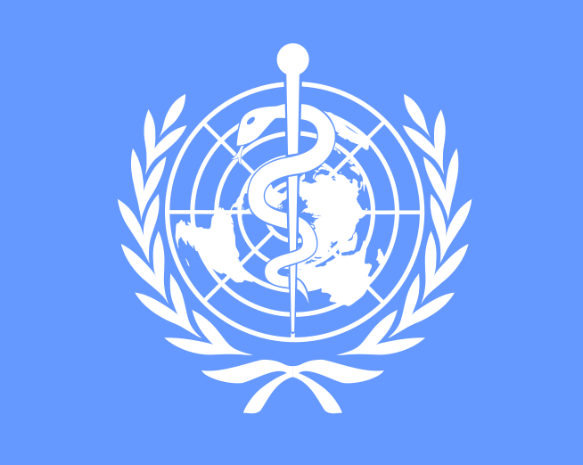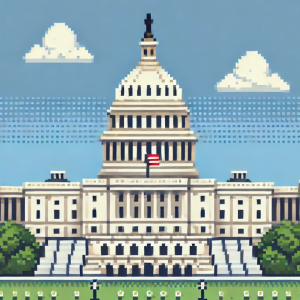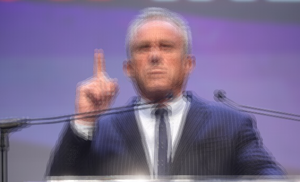
U.S. Withdrawal from WHO: Implications for Public Health and Global Security
The recent announcement of the United States’ intent to withdraw from the World Health Organization (WHO) has sparked widespread concern among public health experts. This move, initiated by President Donald Trump on his first day back in office, echoes his administration’s earlier attempt to sever ties with the global health agency during his first term. While Trump argues that the withdrawal is necessary to address inefficiencies, political influence, and financial imbalances within WHO, critics warn of significant repercussions for both the U.S. and global health security.
Why the U.S. Is Leaving WHO
President Trump has long criticized WHO, accusing it of being too slow to act during the COVID-19 pandemic and overly influenced by China. In his executive order, Trump cited WHO’s alleged failure to adopt critical reforms and the disproportionate financial burden placed on the U.S., which contributes hundreds of millions of dollars annually to the agency—more than any other nation. By contrast, China, with a much larger population, contributes significantly less.
The withdrawal process, which requires a one-year notice, includes halting U.S. funding, recalling personnel, and finding alternative organizations to take on the roles previously filled by WHO. Trump has also directed U.S. agencies to reevaluate their pandemic preparedness strategies and cease participation in WHO-coordinated agreements, such as the Pandemic Accord.
Public Health Implications for the U.S.
Experts warn that withdrawing from WHO will leave the U.S. less prepared to address future health crises. WHO provides critical support for disease surveillance, vaccine development, and outbreak response. Without access to WHO’s resources, the U.S. risks falling behind in global efforts to combat infectious diseases, from malaria to polio.
Dr. Tom Frieden, CEO of Resolve to Save Lives, cautioned that this decision “weakens America’s influence and increases the risk of a deadly pandemic.” Public health agencies like the Centers for Disease Control and Prevention (CDC) and the National Institutes of Health (NIH) rely on WHO’s genetic databases and global networks to respond quickly to emerging threats.
Additionally, U.S. scientists would lose access to WHO-led initiatives such as determining the annual composition of flu vaccines and coordinating responses to international outbreaks. Critics argue that abandoning WHO will isolate the U.S. from the global health community, making it harder to protect its citizens.
Global Consequences of U.S. Withdrawal
Globally, the U.S. departure could weaken WHO’s ability to respond to health emergencies. As the largest donor, the U.S. has provided critical funding for maternal and child health programs, vaccine distribution, and research on emerging diseases. Losing this support could cripple initiatives aimed at eradicating polio, improving mental health care, and addressing other pressing health issues.
Furthermore, the withdrawal opens the door for other nations, such as China and Russia, to exert greater influence over WHO. Elisha Dunn-Georgiou of the Global Health Council warned that this shift could undermine global health standards and weaken accountability mechanisms.
A Call for Engagement, Not Abandonment
Public health leaders emphasize that reforming WHO requires collaboration, not disengagement. Lawrence Gostin, director of WHO’s Center on Global Health Law, called the decision “a grave wound to American national interests,” highlighting that no country is safe from health threats unless all countries are protected.
For the public health workforce, this withdrawal raises concerns about future preparedness, collaboration, and resource sharing. Advocates argue that continued U.S. engagement is essential to strengthen global health systems and ensure effective responses to future pandemics.
Make an Impact Today – Join the Movement!
Be part of a growing community shaping the future of public health. Subscribe for free to get weekly updates filled with actionable insights and expert-curated news. Your voice matters—share this blog to inspire change and bring new readers to This Week in Public Health.
👥 Thousands of public health leaders are already subscribed—don’t miss out!



